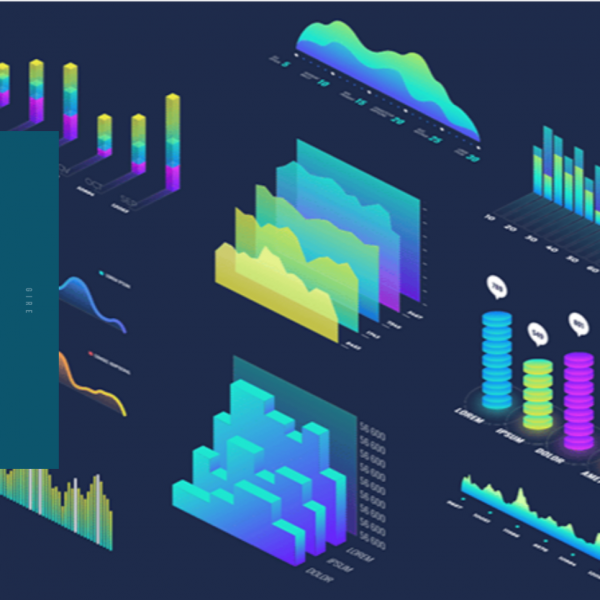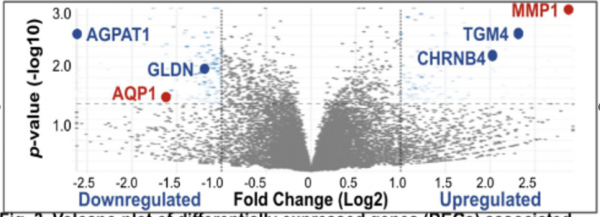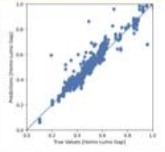|

When conducting research and writing a paper, data analysis is a crucial component. Data visualization helps identify the meaning behind each response or result, enabling better analysis and summary of the overall research findings. Coding, on the other hand, involves labeling and organizing qualitative data to identify different themes and their relationships. This process helps extract meaningful results within the context of the research.
Coding and Data Analysis in Research
Why Is Data Visualization Important?
Coding skills are especially important as they can be an indicator of a researcher's capabilities. In research, coding translates qualitative measures into numerical data, allowing programs to collect and apply judgment scale ratings for the researcher. Understanding the significance of these numbers, as well as the impact and reputation of articles, is essential for researchers. With the rise of technology, coding has become increasingly prominent.
Data visualization is key to extracting meaningful results from research and serves as a criterion for evaluating research abilities. It allows you to see data at a glance, making it easier to find appropriate uses. It's not just about having the data but also about thinking of how to utilize it effectively to enhance the quality of research. Thus, data coding significantly contributes to improving the overall quality of research.
How Is Coding Used in Research? - Collecting and Preprocessing Data: Turn a phenomenon into a database (DB), preprocess it, and explore it. - Summarizing and Visualizing Data: Understand the data, then summarize and visualize it in a diagram. - Adding a Story to the Data: Find and popularize the utility of the results by adding a story to the data.
Using coding to gain unique insights and publicize results helps create professional papers that many people can understand. This ability is crucial for future researchers, enabling them to infuse their work with a unique touch, increasing professionalism and originality.
Case Studies Using Data Statistics Ex 1. 2023 ISEF Winning Research Using Statistics
Research result analysis by Natasha Kulviwat on the relationship between DEGs and suicide.

Ex 2. 2023 ISEF Special Award in Chemistry
Research result analysis by Isaac Wang on the relationship between rCEG and True Value.

Data analysis and coding in research are essential skills that elevate the quality and impact of your work. Embrace the power of data visualization and coding to uncover valuable insights and present your research professionally and effectively. |
 Click here to book
Click here to book